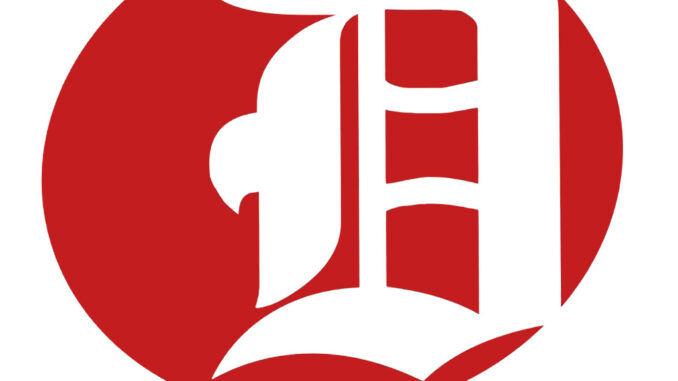
Zach Petroff | Opinions Editor
Sept. 15, 2022
This summer, I got a brief taste of what many Americans have to deal with every day.
I was broke. I was putting $7 in the gas tank hoping that would be enough until payday — broke. I was cashing in my spare change at the Coinstar in Giant Eagle — broke. I hit the “ignore button” on unrecognizable numbers in fear of them being debt collectors — broke.
I had unforeseen expenses and had not properly budgeted for the summer months. I also credit my inefficient financial decision making to the fact that I consider myself some type of artist, and it is my belief that true artistry cannot be bothered with the workings of a rigged capitalist system, or that was the lame excuse I used.
While I joke, and my experience is not that different from what many more traditional college students have to go through, it opened up my eyes to the very real and serious problem that way too many Americans, especially non-white Americans, have to endure.
It is expensive to not have money.
I was absolutely fine. I am a white, semi-attractive, relatively young man from a Midwest middle-class family. I am also a combat veteran. I was born into a systematically protected class that shields me from the true depths of the woes of society almost as much as a Bezos, a Gates or a Musk. However, my fortunate reality of having a financially sound support group is not shared by many Americans, and the consequences of that can be horrifying.
My temporary financial afflictions are not comparable to the struggles of those with less privilege. The only real repercussion of me not having money was my inability to buy the chewing tobacco that I prefer. This pales in comparison to the true hardships that single mothers, women of color, middle-class families, college graduates straddled with student debt or any number of underrepresented groups in society have to go through on a daily basis. While my experiences were not nearly as dire as what many Americans face today, I was able to take a glimpse into the dystopian reality that plagues so many.
It is really expensive to be poor. It is taxing financially, mentally and even at times physically. Much like how our court system is structured, there is a predatory cycle that thrives off of preying on certain groups. This cycle of debt sucks them in and makes it extremely challenging, if not impossible, to get out of. If I had any worthy financial advice, it would be simple: Avoid being poor, because once you are stuck in that cycle, you may never be able to get out of it.
One of the harsh, yet subtle, realities of not having money is the level of shame that accompanies being financially unstable. Somehow, we decided as a culture to base one’s morality on their economic status. We have normalized putting the worth of someone based on their literal net worth. While it may be difficult to quantify the level of mental anguish in terms of self-esteem that is bestowed on those that are economically downtrodden, it can wreak havoc on one’s mental health.
We worship billionaires, while we villainize the poor.
According to the 2022 Annual Wealth and Wellness Index, only 53% of Americans are in a position to handle an unforeseen $500 expense without worry.
That means that almost half of Americans cannot easily come up with $500 on the spot, and when a desperate situation arises, there tends to be a lack of options. This is when people are forced to take part in predatory lending practices.
In a country that branded itself a predominantly Christian nation, it is absolutely baffling that we have allowed such unethical financial institutions to routinely prey upon one of the most vulnerable groups in our society: The poor. This immoral behavior feasts upon those in dire situations who may not be financially literate, or just plain desperate to take personal loans with interest rates as high as 30%.
Being broke also has some alarming effects on one’s physical wellbeing. According to the U.S. Department of Agriculture, 13.5 million (10.2% of the population) Americans were “food insecure” at some time during 2021. Food insecurity is the state of being without reliable access to a sufficient quantity of affordable, nutritious food.
Eating healthy is expensive. It requires knowledge, time and more capital to properly participate in a healthy lifestyle for a family. Federal food programs and family assistance programs are prohibitive in what a person can buy. When on a fixed budget with food insecurity, one is often forced to choose quantity over quality.
When coming from a place of privilege, it is easy to look down at situations we hopefully never have to experience. We can offer unsolicited and inauthentic advice as we turn our noses up and pretend that complex poverty issues are fixed by “pulling oneself up by their bootstraps’’ or some other ridiculous, non-practical cliche.
The cycle of poverty is unforgiving, and while it may not directly affect you today, as the middle class continues to shrink, this could soon be a reality for more people than we realize.
While my summer may have been inhibited by the inconveniences of being broke, the truth is that millions of people in this country are facing the harsh reality that this current economic system is failing them.
